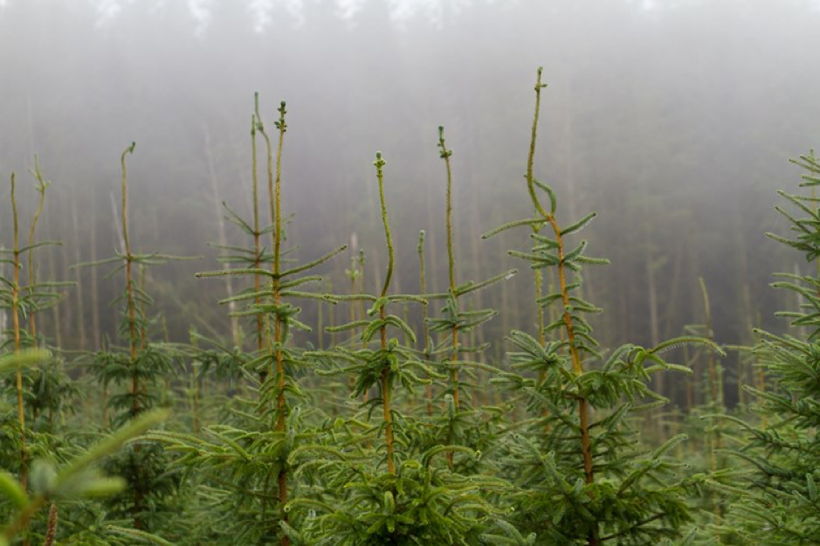
Be more sustainable this Christmas
Here are 10 easy things you can do for positive change.

The Sustainable Christmas Guide
A handy guide with all you need to know for a more sustainable Christmas.

Choose a sustainable Christmas tree
Real or fake tree?
Learn how to choose a sustainable tree for Christmas.

Decorate sustainably at Christmas
Find out how to wrap your presents and decorate your home with plastic-free eco-friendly ideas.

Eat sustainably at Christmas
Eating organic UK-grown food supports a more sustainable food system and is healthier for us.

Buy sustainable presents
Need present ideas?
Buy our Christmas cards and other products that support the Soil Association via The Ethical Shop.
Or, visit our own online shop for Soil Association organic certified clothing and accessories.



